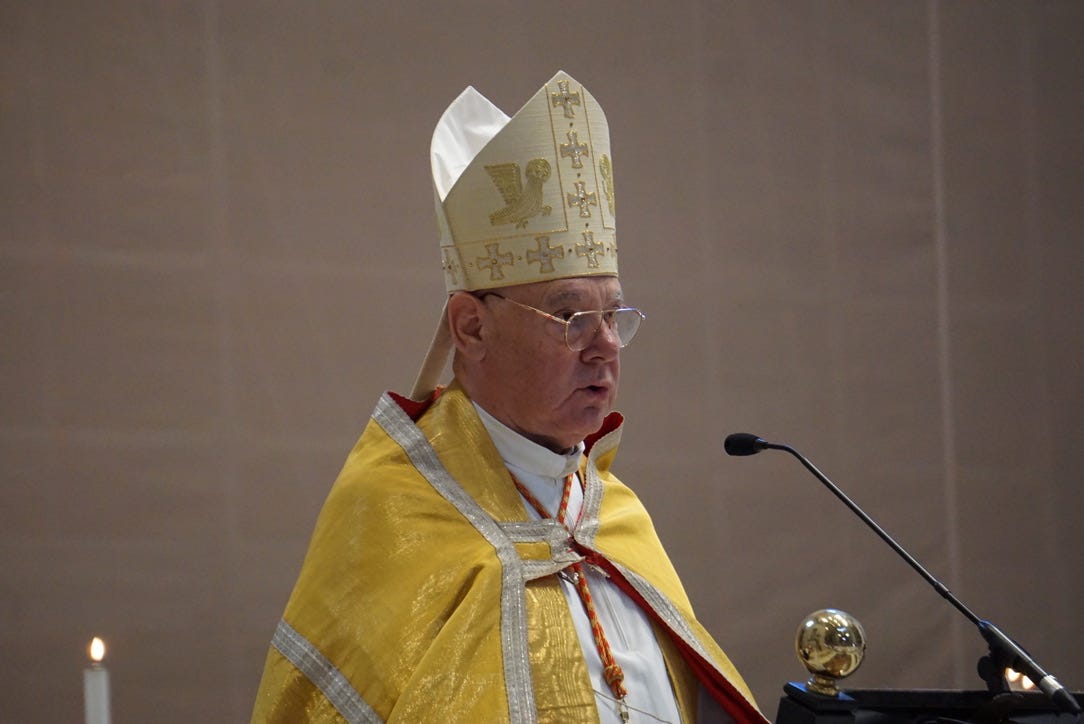EXCLUSIVE: Cardinal Müller – Everybody has a right to listen to fullness of the Gospel
Cdl. Müller's comments on the eve of the conclave highlighted the importance of a Pope's duty to preserve clarity of doctrine.
VATICAN CITY (PerMariam) — Cardinal Gerhard Müller has emerged as one of the more vocal prelates in recent years, regularly welcoming journalists to his office to give commentary and analysis on various issues predominant in the Catholic Church.
The German prelate – former prefect of the Congregation for the Doctrine of the Faith – has indeed had cause to comment on a number of issues in Pope Francis’ pontificate, including: the German Synod, the Synod on Synodality, female deacons, Catholics supporting abortion and the traditional Mass. All of these are topics on which Cdl. Müller has also spoken about in a number of interviews granted to this correspondent.
On the eve of the May papal conclave, the cardinal gave an interview to this correspondent, his last before beginning his conclave duties. His most pertinent comments have been published by LifeSiteNews.
However, even though the interview was conducted in light of the upcoming conclave, for the sake of completion the full interview comments are produced here below.
“If there is something doubtful that nobody knows how to interpret, we must go back to the clear word of God and the doctrine of the Holy Scripture as the basis and the criteria,” Müller noted during the discussion.
Cdl. Müller’s analysis on the needs of the Catholic Church remain timely, especially as Pope Leo XIV establishes himself in his, as yet, young pontificate.
{The interview has been slightly edited for clarity and ease of reading. The delay in publishing is purely due to editorial time constraints}
Keep reading with a 7-day free trial
Subscribe to Per Mariam: Mater Dolorosa to keep reading this post and get 7 days of free access to the full post archives.



